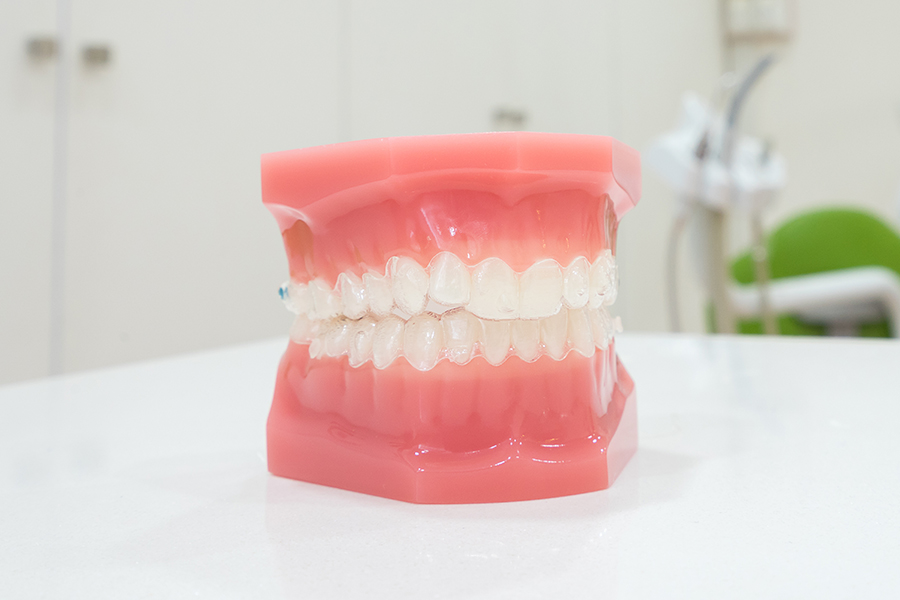Comparing Crohn’s and Ulcerative Colitis

Both Crohn’s disease and ulcerative colitis (sometimes abbreviated as UC) fall under the umbrella term of inflammatory bowel disease. While they do share some things in common, the two are actually distinct conditions from one another. Here is a look at the similarities between these two diseases, as well as an examination of just what makes them different.
Similarities Between Crohn's and Ulcerative Colitis
There is a considerable amount of overlap between symptoms of both Crohn’s and ulcerative colitis. These include bloody stool, abdominal pain, diarrhea (and the dehydration caused by it), and fatigue. Additionally, both conditions normally begin to develop during a person’s teenage years or young adulthood.
Treatments for Crohn’s and ulcerative colitis are also quite similar. Certain medications, like corticosteroids and mesalazine, are effective at reducing the inflammation from both diseases. Additionally, dietary changes have also shown to be beneficial in reducing symptoms of both conditions. The exact changes needed, however, will vary depending on which one a person is suffering from.
Finally, while it’s likely that these diseases have different origins, their causes both remain unknown at this time.
Differences Between Crohn's and Ulcerative Colitis
One of the primary differences between Crohn’s disease and ulcerative colitis is the area of the digestive tract affected by the condition. With UC, inflammation occurs only in the colon, which is also known as the large intestine, and this uniformly affects only the topmost layers of cells. On the other hand, Crohn’s disease can occur anywhere along the digestive tract—from the mouth to the colon. Despite these many possibilities, the small intestine sees most cases of Crohn’s. Additionally, most cases of ulcerative colitis are less severe than Crohn’s, and patients normally experience longer remission periods with the first condition as well.
In severe cases of Crohn’s disease, patients may opt to have the affected portions of their digestive tract removed. However, this is not a possibility for ulcerative colitis patients, since this condition uniformly affects the entire colon.








